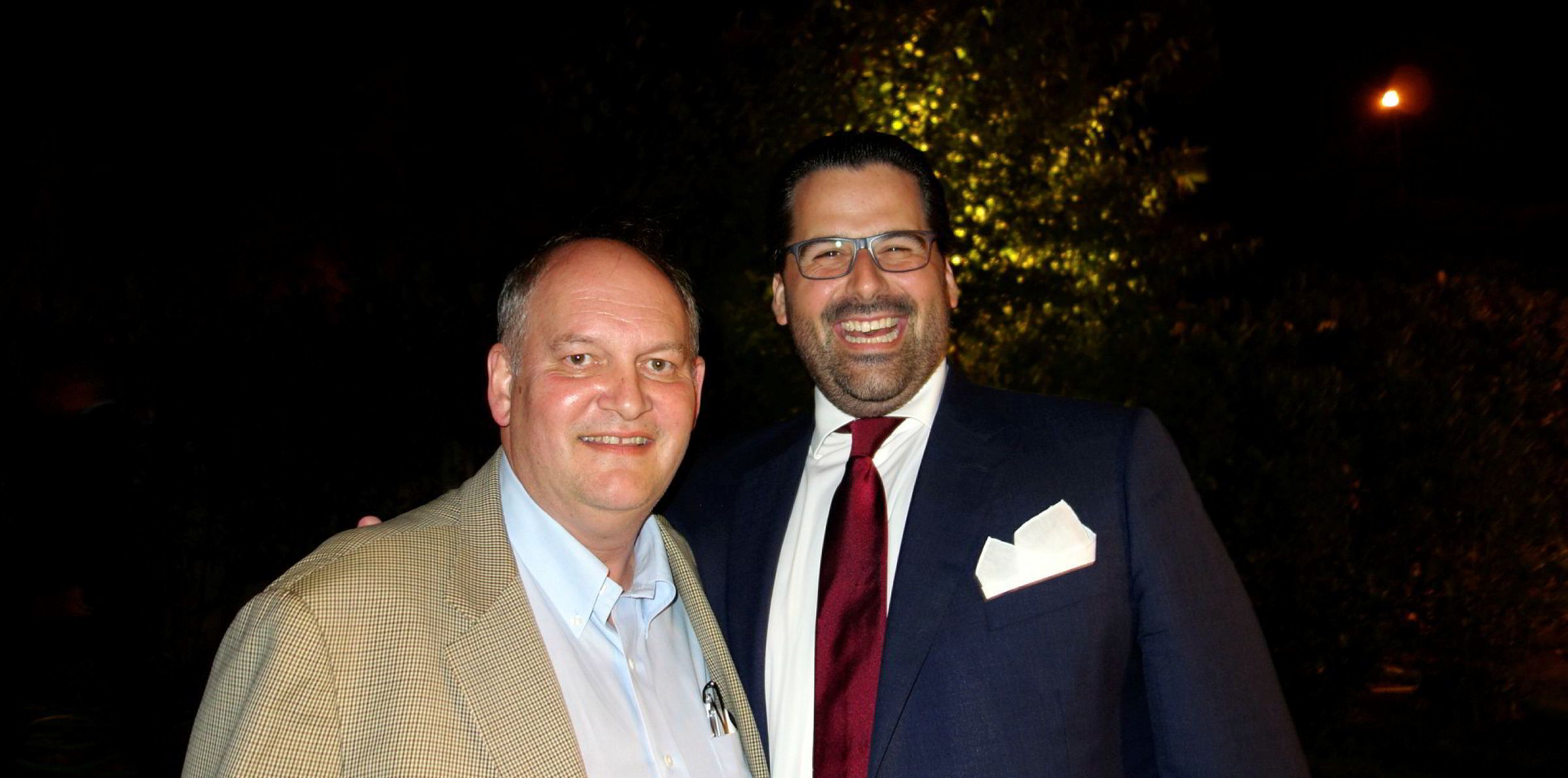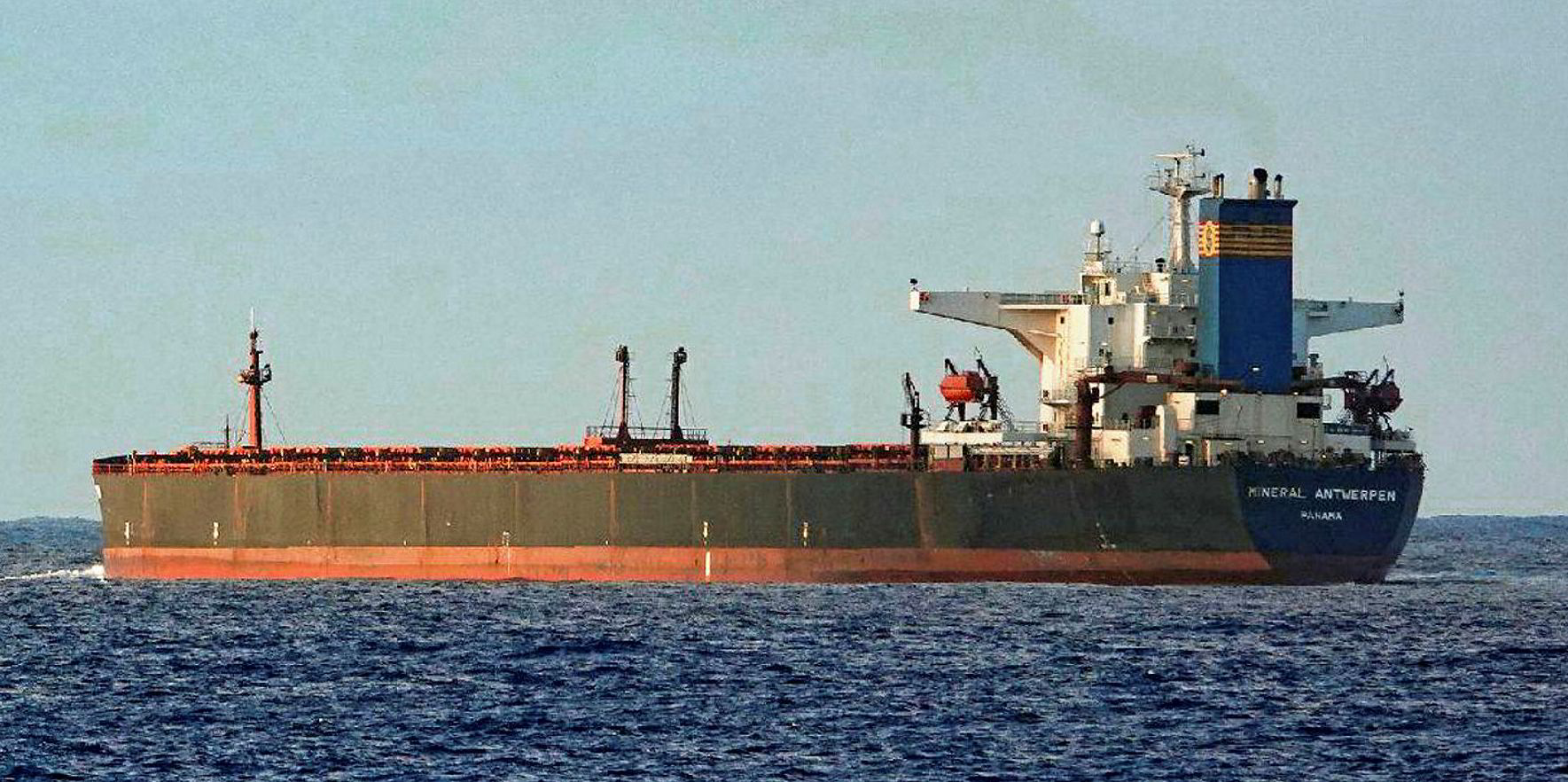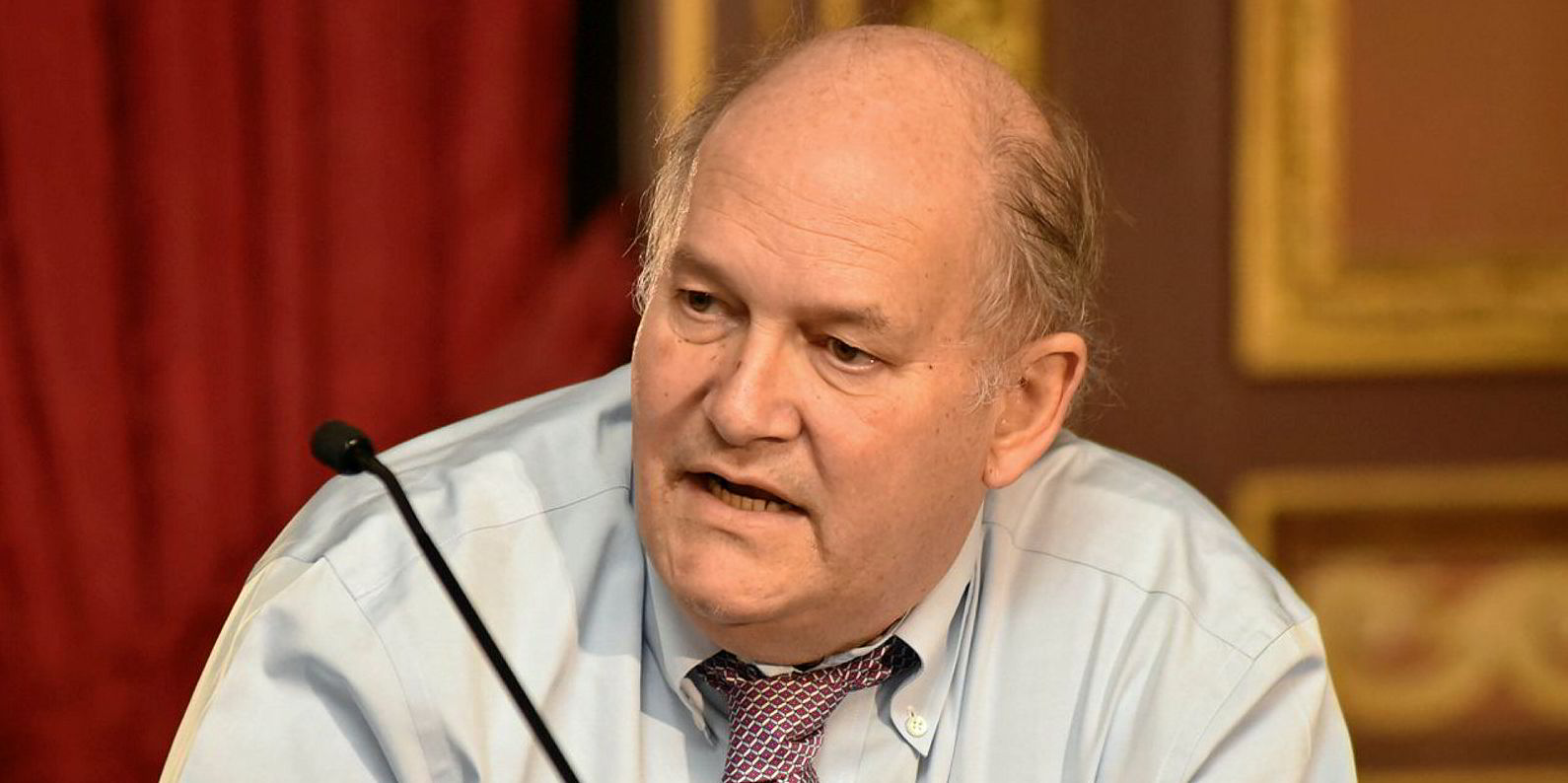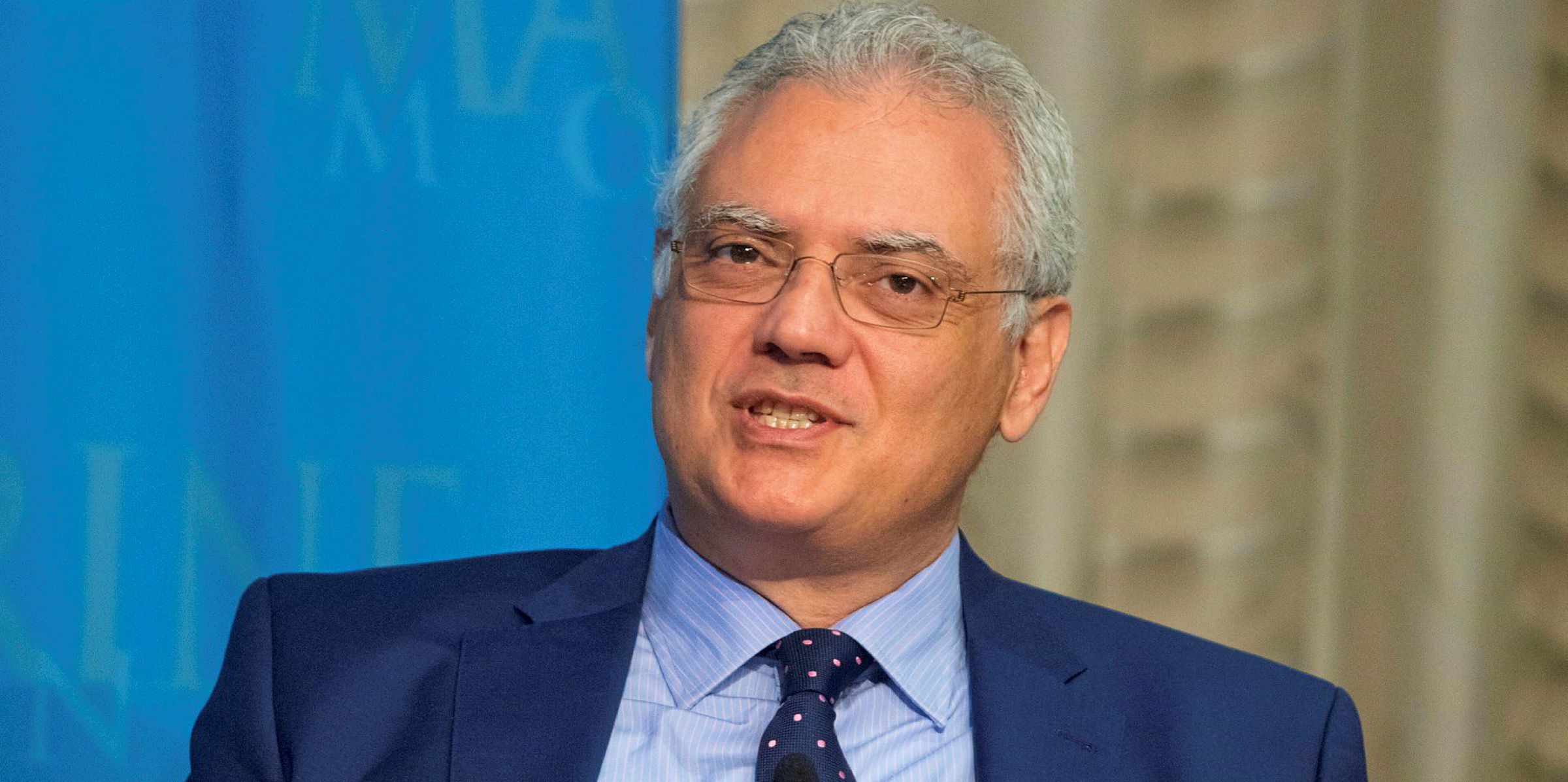Norwegian investment bank Cleaves Securities has expressed its concerns over what it calls Scorpio Bulkers' "discounted" bulker sales as the company seeks to move into the arena of wind-turbine installation vessels (WTIVs).
The US-listed shipowner said in August that it was ordering up to four WTIVs at Daewoo Shipbuilding & Marine Engineering in South Korea at a cost of up to $290m each.
The company then "swiftly moved ahead" with bulker disposals to raise funds, offloading three kamsarmaxes and four ultramaxes — about 14% of the fleet, Cleaves said.
Brokers were also linking Greek buyers to another vessel disposal by Scorpio Bulkers this week.
Cleaves head of research Joakim Hannisdahl said in a note to clients that these deals were concluded at a significant discount to the vessels' value, due to so many rapid sales in relatively illiquid markets.
The investment bank has calculated prices at 13% below its own valuations and comparable sale-and-purchase deals for the kamsarmaxes, and 6% below market for the ultramaxes.
Hannisdahl said: "Although the potential to entice green capital investments with the inherent lower-required return could be attractive for Scorpio Bulkers, we view the rapid sale of vessels into illiquid markets at a discount to be unfavourable for Scorpio Bulkers' dry bulk shipping investors."
Change of coverage?
"If the company is successful in rebranding ... into an ESG [environmental, social and corporate governance] company ... we will potentially hand over coverage of the company to our more ESG-focused colleagues."
The analyst gave the example of the 81,000-dwt kamsarmaxes SBI Rock and SBI Sousta (both built 2016), which were sold for around $18.5m each. Cleaves prices these vessels at $21.1m.
By contrast, Kristian Gerhard Jebsen Skipsrederi's 81,000-dwt BTG Eiger (built 2016) went for $23.5m, or $21.4m after adjusting for the premium payable because it was built in Japan, as Hannisdahl said.
He called the sale of the Chinese-built, 82,000-dwt kamsarmax SBI Conga (built 2015) "disappointing" at $18.4m, which is 12% below Cleaves' $19.5m fair valuation, after adjusting for an estimated $1.25m scrubber value.
Comparable recent sales are the 81,000-dwt BTG Everest (built 2015) at $22.5m, or $20.5m after adjusting for the Japanese yard premium, and the 82,000-dwt Precious Sky (buit 2015) at $21.3m, or $19.3m after the yard adjustment.
Prices falling?
However, other industry observers have pointed to the dearth of financing for secondhand acquisitions and rock-bottom newbuilding prices as factors that can lower sales levels below analysts' estimates, while a long list of other bulker sales casts doubt on the illiquid nature of the sector.
Hannisdahl said: "We expect the divestment of Scorpio Bulkers' dry bulk vessels to continue at a steady pace, which is concerning as the number ... sold so far seemingly has had a profound negative impact on a relatively illiquid market during a period of positive sentiment around improving market fundamentals."
On Wednesday, Scorpio pulled in a further $18.5m after selling the 62,200-dwt SBI Zeus (built 2016).
Target price lowered
Cleaves has lowered its target price from $20 to $17. The buy rating is retained because of the investment bank's positive stance towards the dry bulk market.
Hannisdahl has been bullish on bulker prospects and is expecting slow and steady improvements until at least 2023.
Cleaves said Scorpio Bulkers is trading at a 49% discount to net asset value, or 34% if recent sales prices are extrapolated to the whole fleet.
"Thus, converting vessels into cash is in theory accretive to shareholders, but only if Scorpio Bulkers were to allocate the capital towards its equity [through dividends or share repurchases]," Hannisdahl said.
Scorpio Bulkers, which declined to comment, in the past has expressed its excitement at the prospect of its transformation and the potential for value growth for shareholders in an offshore wind sector characterised by a lack of suitable tonnage from 2024.
A full sale of the existing fleet is likely to create enough liquidity to fund the equity portion of the first two WTIVs, sources familiar with the project have told TradeWinds.







